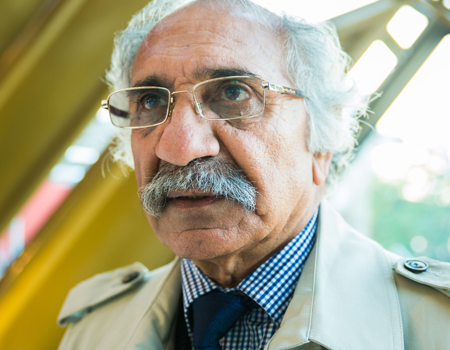How to be an ally to Aboriginal and Torres Strait Islander Peoples
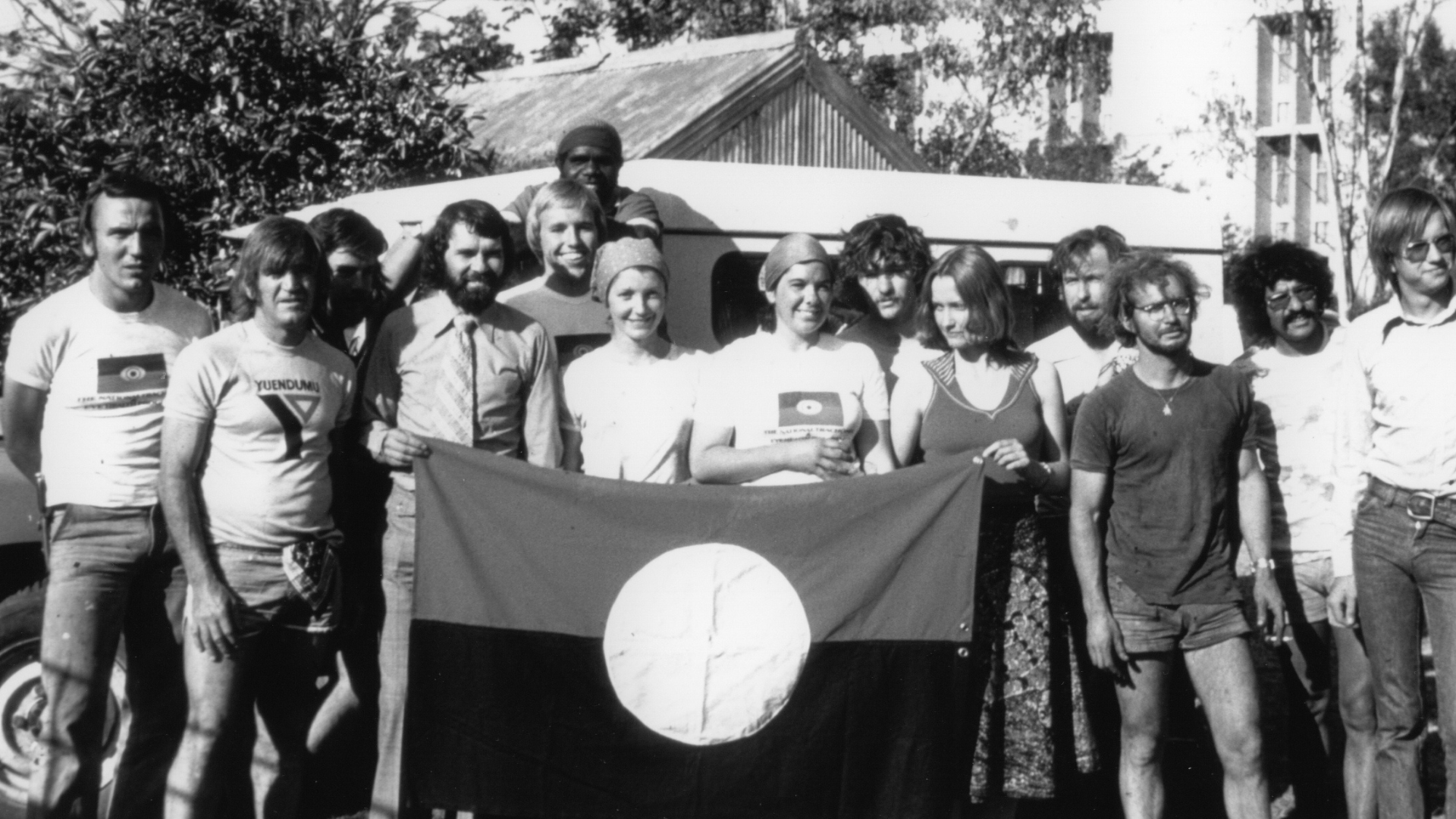
When Aboriginal and Torres Strait Islander Peoples get to lead and make decisions about what is best for their communities, like health care, education and employment, their solutions work. This is true in eye health too.
We know that Aboriginal Community Controlled Health Services are leading the way in helping to improve eye health outcomes for Aboriginal and Torres Strait Islander adults, who are three times more likely to experience vision loss or blindness than non-Indigenous adults, according to the National Eye Health Survey 2016 report.
Aboriginal and Torres Strait Islander Peoples need all Australians to support their leadership and their fight for equity by standing next to them as true allies. Here are a few ways you can be a good ally too.
In a hurry?
Click on the link below to go straight to the section you’re interested in:
1. What does being a good ally mean?
A good ally recognises their own power and privilege, and helps to shed light and address inequities faced by Aboriginal and Torres Strait Islander Peoples.
Genuine allies listen to Aboriginal and Torres Strait Islander Peoples and help their voices to be heard.
True allies can help build momentum for justice and real change alongside Aboriginal and Torres Strait Islandr Peoples, creating a more inclusive society where inequities are dismantled.
Aboriginal and Torres Strait Islander Peoples need allies who will educate themselves about our history, the impact of intergenerational trauma, and the issues affecting Aboriginal and Torres Strait Islander Peoples in modern Australia. We need allies who will listen to the voices of Aboriginal and Torres Strait Islander Peoples, and help get community-endorsed solutions on the agenda.
Aboriginal and Torres Strait Islander Peoples also face racism, be it systemic, casual or microaggressions and they need non-Indigenous Australians to be brave and courageous enough to call out this racism, in order to drive change for our country.
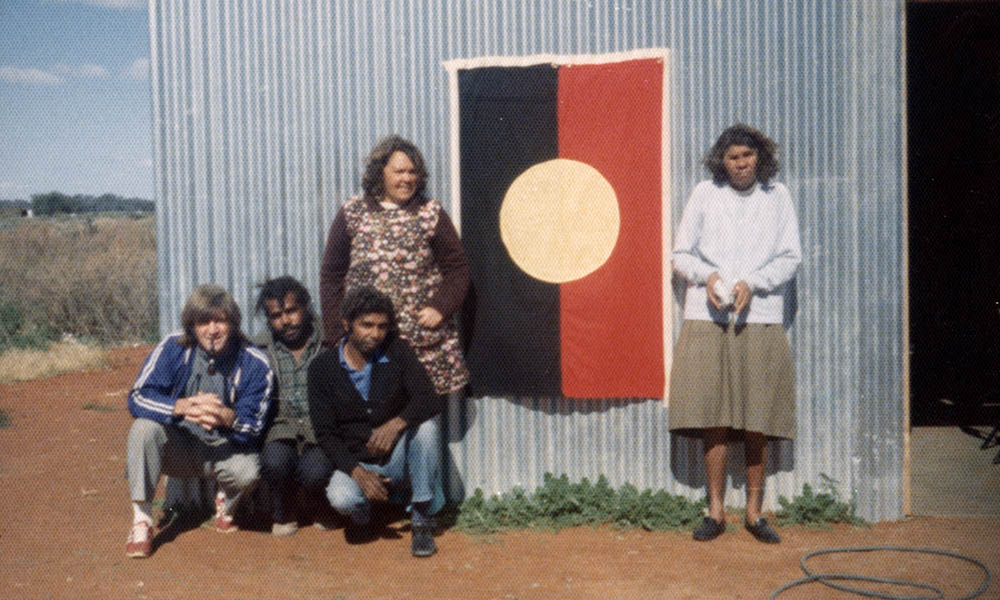
2. What does a good ally not do?
Performative and tokenistic acts are not something a good ally would do. Performative allyship includes posting a black square on social media when the Black Lives Matter movement is trending, but doing nothing more beyond that to educate yourself about the inequities faced by Aboriginal and Torres Strait Islander Peoples.
Tokenistic allyship is all about ticking a box and appearing to be passionate about a cause, but only engaging with Aboriginal and Torres Strait Islander Peoples on a superficial level. For instance, taking part in a NAIDOC event at your workplace once a year, but being ignorant of issues affecting First Nations’ communities the rest of the time.
Other traps to avoid when you’re trying to be a good ally include being overcome with feelings of guilt, which centres your discomfort over that of the affected group. It also includes things like expressing shock when you hear about a racist incident. For example, saying “this is not Australia” or “this is not who we are” is directly contradictory to the lived experiences of Aboriginal and Torres Strait Islander Peoples for whom experiencing racism is a norm, not an anomaly.
- Amplify the voices of Aboriginal and Torres Strait Islander Peoples by either sharing their voices or stepping aside and making room for First Nations voices in lieu of their own.
- Support Aboriginal and Torres Strait Islander leadership – allies know that it is up to Aboriginal and Torres Strait Islander Peoples to define the issue and the required actions, and make their own decisions about what is best for their communities.
- Educate themselves, and then have conversations about issues affecting Aboriginal and Torres Strait Islander Peoples with their family and friends.
As Summer May Finlay, a Yorta Yorta woman, academic, writer and a public health consultant, says:
“We need good allies. We are only three per cent of the Australian population. We can’t raise the profile of issues affecting us without our allies.”
Read more from Summer on the SBS website.
Professor Fred Hollows was a true ally to First Nations Peoples, and we need more people like him to step up and fight for equity and social justice.
We need allies to stand with Aboriginal and Torres Strait Islander Peoples to advocate for the Uluru Statement from the Heart and a constitutionally enshrined Voice to Parliament.
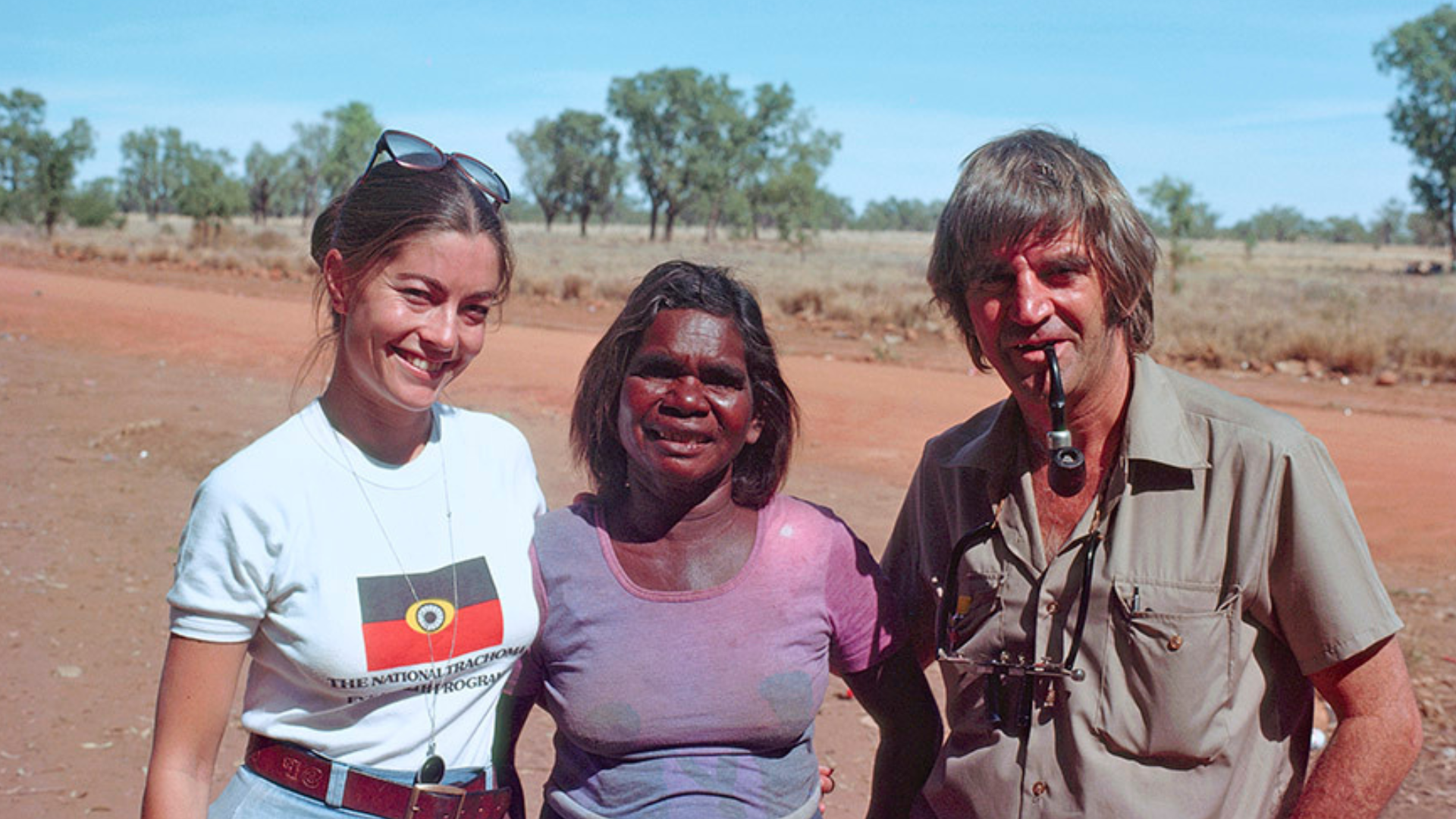
4. How can I be a good ally?
Learning and understanding is key to expanding your worldview, and recognising inequities and why they exist. Some of this self-growth will include unlearning behaviours you may have grown up with, been taught at school or picked up from your peers.
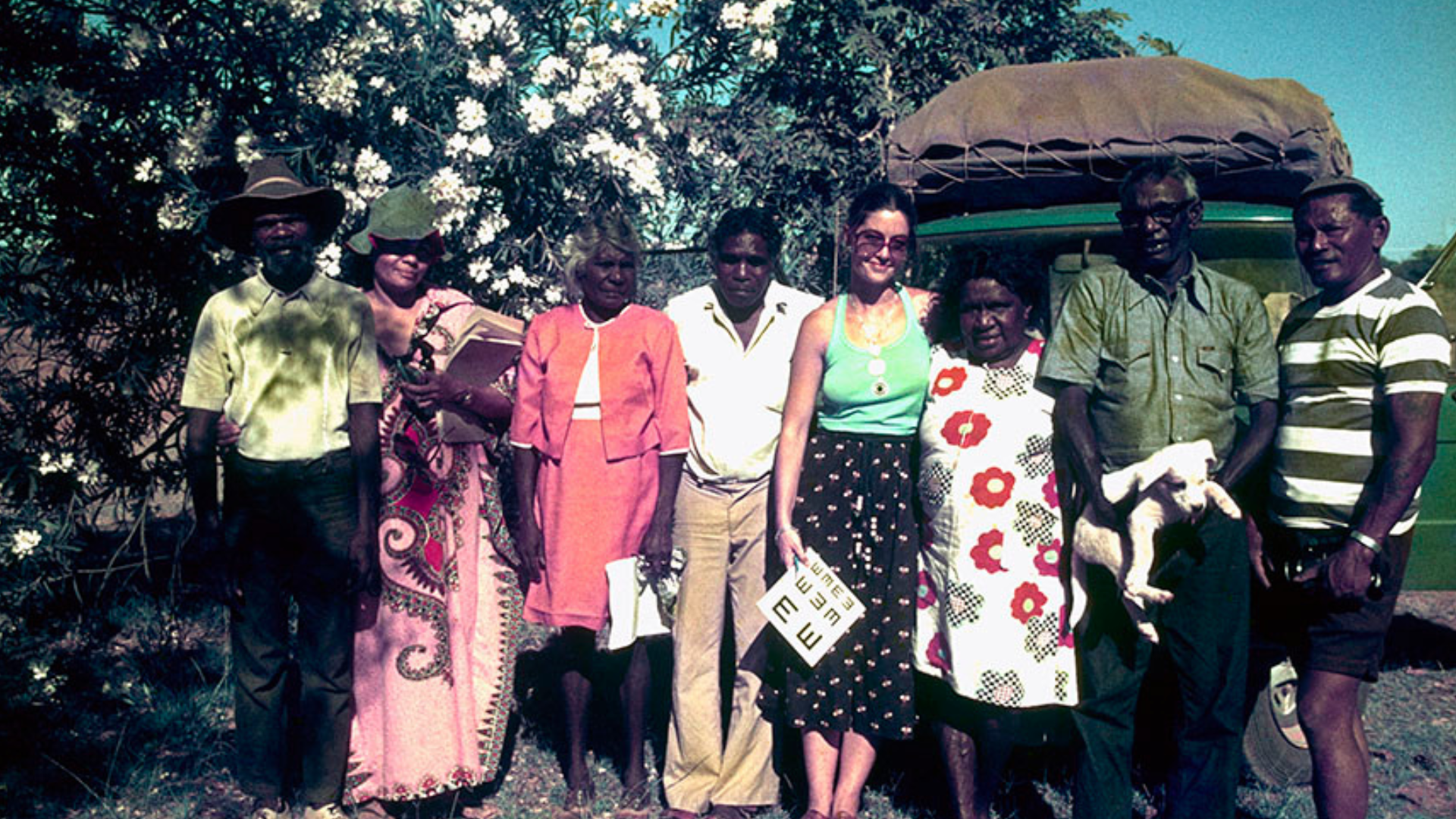
Here are 7 things you can do to be a good ally:
- Listen to Aboriginal and Torres Strait Islander Peoples and believe what they say as it is their lived experience.
- Learn from your mistakes as nobody is perfect and we all make mistakes, and do or say offensive things even if it is by accident. Don’t see this as failure and an excuse to give up.
- Do your own research to learn about Aboriginal and Torres Strait Islander Peoples by reading books and articles, listening to podcasts, and watching documentaries made by creators in our communities.
- Speak up within your own social networks and hold your friends and family accountable if they do or say something racist. If they make a casual comment that is offensive, challenge their way of thinking to help them understand why it’s wrong.
- Step to the side and amplify Aboriginal and Torres Strait Islander Peoples’ voices where possible. Champion First Nations voices rather than your own, and share and acknowledge their work rather than replicating it.
- Take responsibility for yourself and be aware of your own biases. It’s up to you to educate yourself and be a good ally.
- Be mindful of the time and energy of Aboriginal and Torres Strait Islander communities, because fighting for equity doesn’t stop for them.
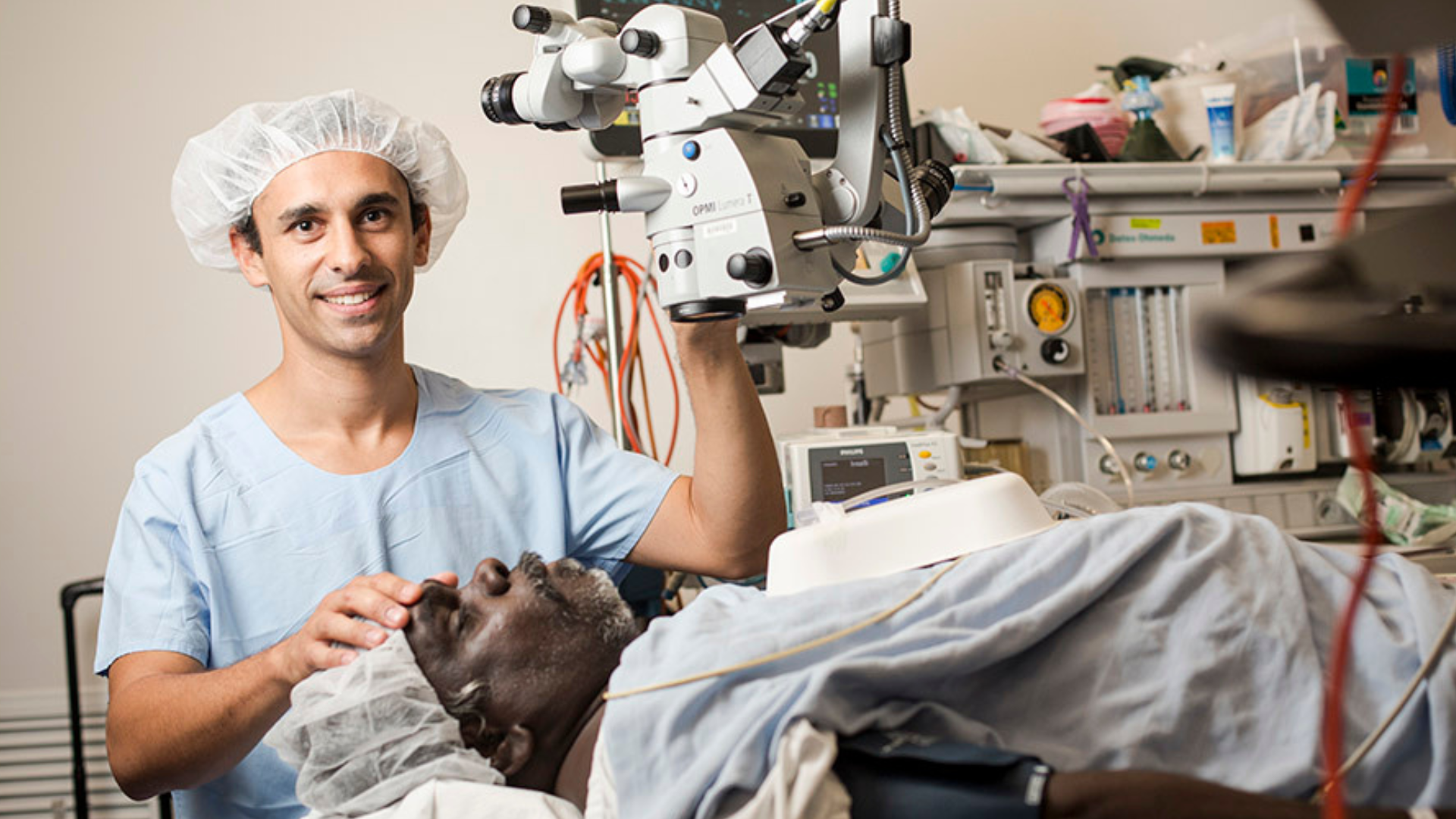
5. How is The Fred Hollows Foundation committed to being a good ally?
“You would expect your health care system to prevent you getting diseases that you know are avoidable or that are known to be avoidable. (Aboriginal people) do not enjoy this product of health systems. They do not enjoy good health in spite of the fact that it is possible.”
- Fred Hollows
Today, The Fred Hollows Foundation is committed to ending avoidable blindness and improving the health of Aboriginal and Torres Strait Islander Peoples through our Indigenous Australia Program.
The Foundation’s Indigenous Australia Program was established in 1999 and is run by a dedicated team of Aboriginal and Torres Strait Islander Peoples, together with non-Indigenous staff, who work to improve access to eye health services for some of the most under-served Aboriginal and Torres Strait Islander communities across Australia.
We are also committed to supporting broader social justice reform for Aboriginal and Torres Strait Islander Peoples, such as the Uluru Statement From the Heart and the Close the Gap campaign, through The Foundation’s social justice work.
We established a dedicated social justice team in January 2021, which is led by Aboriginal and Torres Strait Islander Peoples, with Jaki Adams at the helm. We are continuing Fred’s legacy of allyship and advocacy for social justice reform by engaging with and listening to Aboriginal and Torres Strait Islander leaders.
We also encourage our partners and supporters to become better allies, and work alongside campaigns that are calling for Voice, Treaty and Truth-telling, as outlined in the Uluru Statement from the Heart.
Read our Indigenous Australia Strategy 2020-2024 for more details.
Meet the author
Related articles
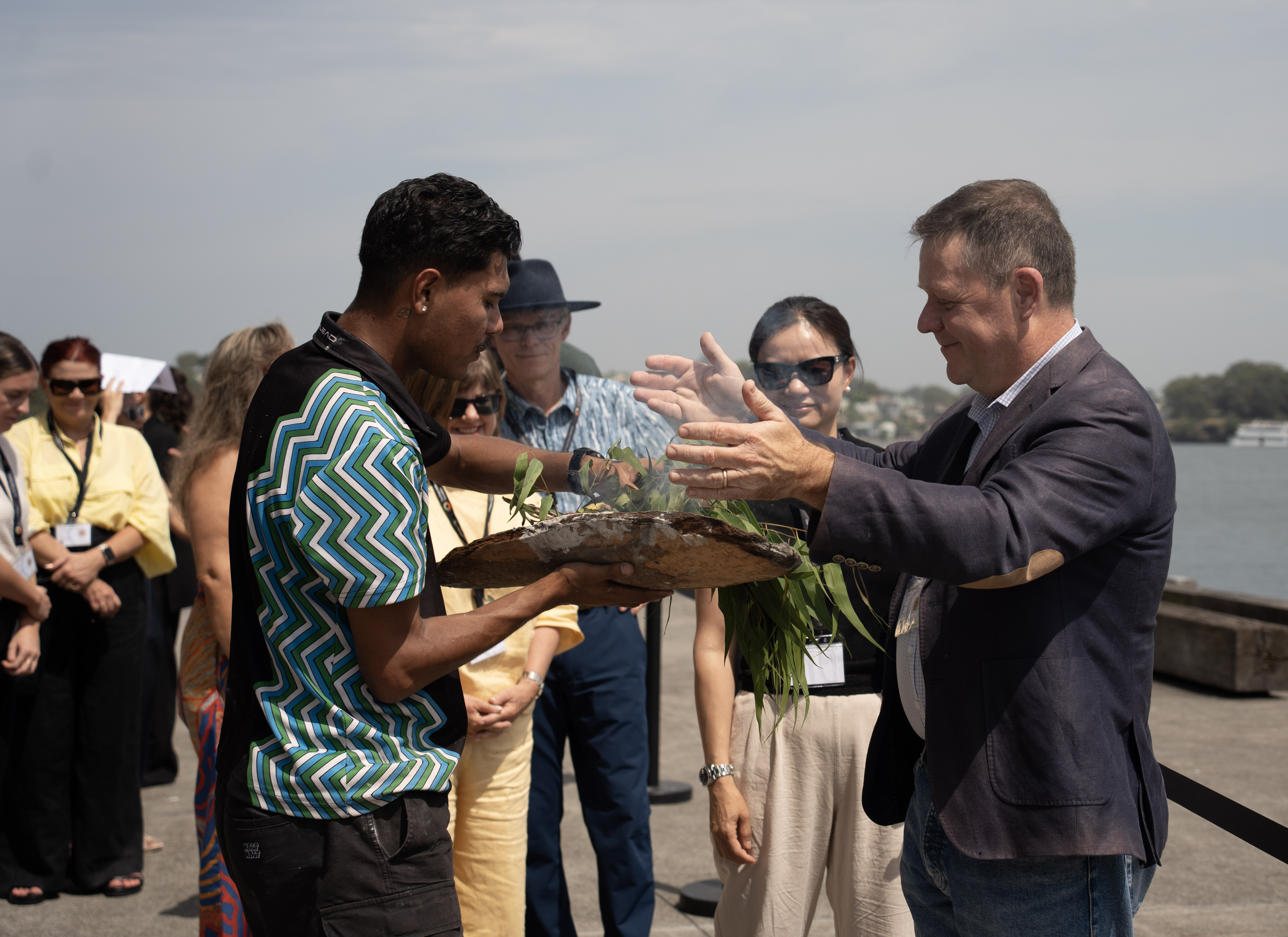
Friends of Fred: A day of connection, culture, and advocacy in eye health
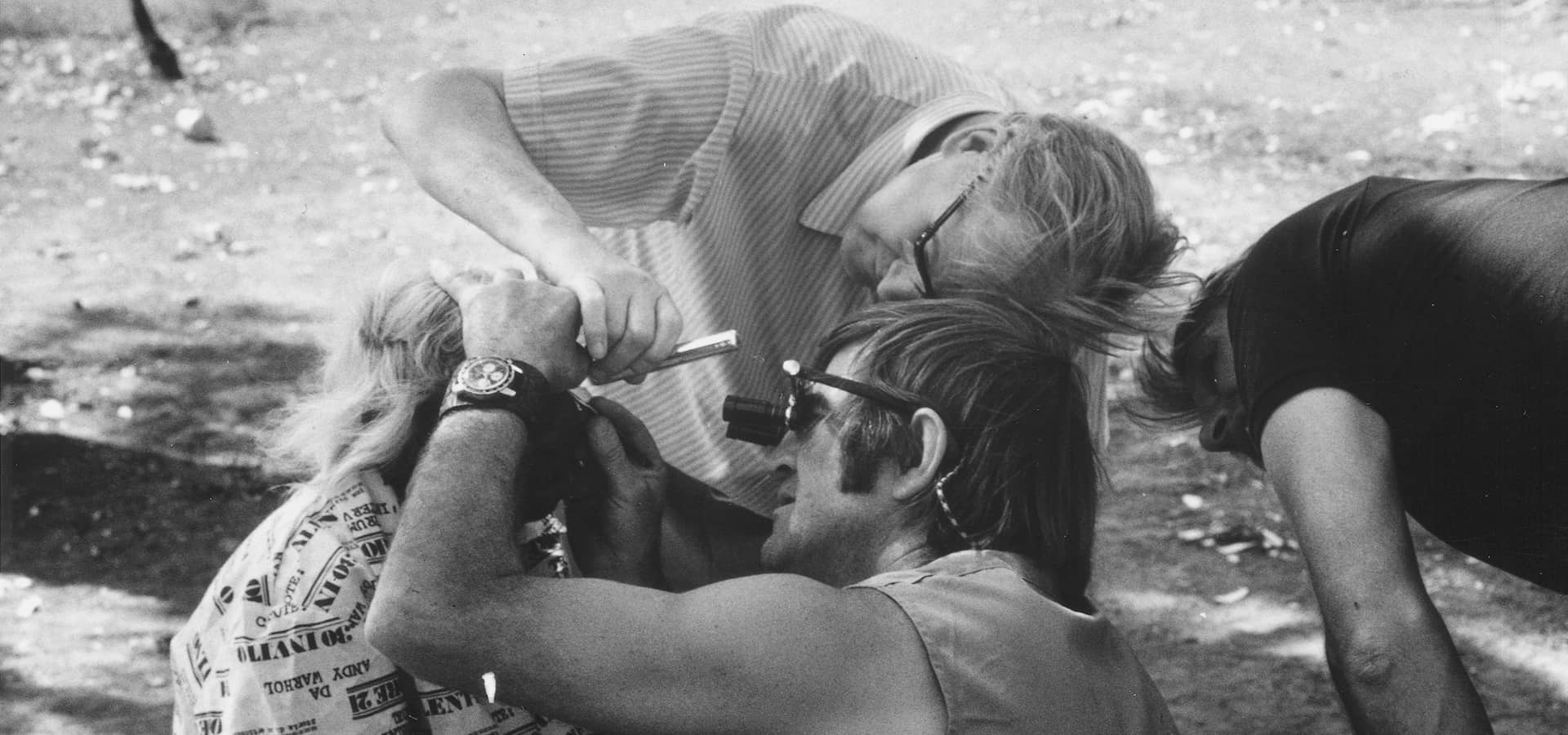
Why we're still fighting to end trachoma, 50 years on



